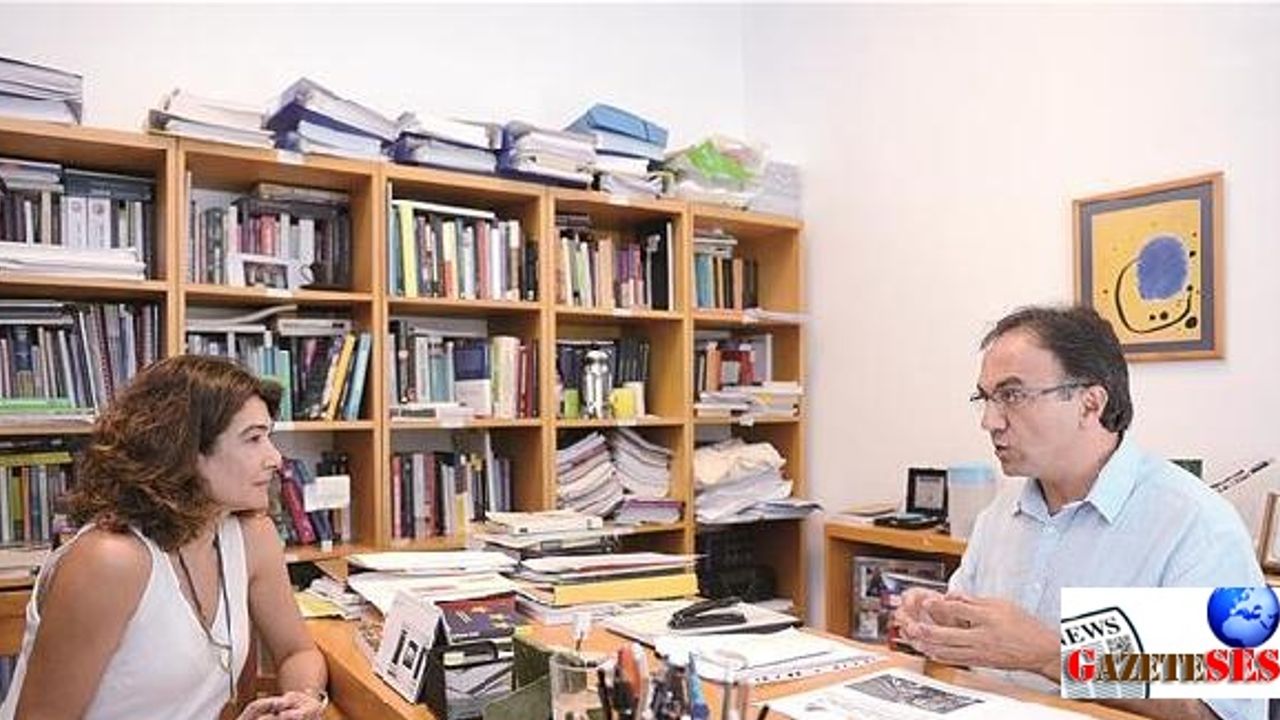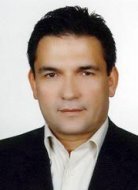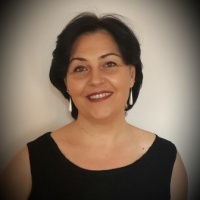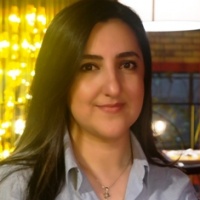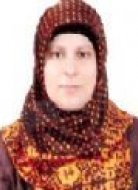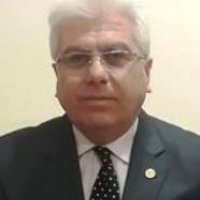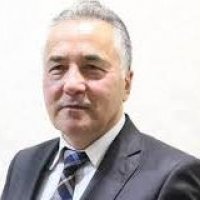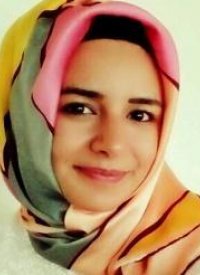Barçın Yinanç - Hürriyet Daily News / Istanbul, Sep 7 () - Society tends to associate migrants with words such as “influx,” “occupation,” “invasion” and “flood,” all of which echo the discourse used in natural disasters, according to a scholar.
“By doing that we forget the fact they are human beings escaping tragedies, or trying to find a safer future for themselves and for their families,” said Professor Ayhan Kaya, who recently edited a book on Turkey’s history of migration from the 14th to the 21st centuries.
There seems to be an increase in the number of refugees going to Europe through Turkey. To what should we attribute this increase and the case of Aylan [Kurdi], which seems to have finally attracted the attention of the world to the tragedies of the migrants?
2014-15 are years in which the number of refugees in the entire world has become the largest since World War II. 60 million refugees have had to leave their homelands for one reason or another, either because of political turmoil, internal wars, or environmental disasters.
I don’t like talking with figures and statistics. This is recently one of my concerns. For instance, we talk about 2 million Syrian refugees in Turkey, 1.6 million asylum seekers in the West. We only talk about numbers.
This is very risky. The more we talk about the refugees and migrants in numbers, the more we statisticize, securitize and stigmatize migrants and refugees, the more we dehumanize them. Here lies the main problem.
Almost everyone, including ordinary citizens, politicians, journalists, academics and experts, somehow contributes to the dehumanization of refugees by portraying them as a threat challenging our national, social, cultural and labor market security. What I am saying is that we are all responsible for the loss of lives of these human beings. The problematic way we see these human beings is also evident in our everyday language. We tend to couple refugees and migrants with the words such as “influx,” “occupation,” “invasion,” “flood” and “flow,” which all have similar resonances with natural disasters. By doing that we forget the fact they are human beings escaping tragedies, or trying to find a safer future for themselves and for their families.
The number of tragedies happening in the Mediterranean Sea and the Aegean Sea is increasing. It took so much time for the minds and hearts in the West to be struck by these tragedies. Aylan’s little body laying down so still on the shores of Akyarlar has finally made a great impact on the consciousness of everyone. This is probably one of those pictures changing the flow of history.
There is apparently an escape from Turkey. In 2014, there were around 46,000 refugees who managed to go to Greece from Turkey. This number has drastically increased in the first eight months of 2015 and became more than 200,000.
I see a positive correlation between the number of refugees trying to go to Greece via Turkey and increasing problems originating from within Turkey. I have a strong hunch that Turkey, the Turkish public, we are all responsible for the rise of these casualties, of these people taking the risk of losing their lives and their families.
I know Turkey has done a lot. But when I look at the picture in the public space I see all this hatred, racism and xenophobia with respect to the refugees. Hatred about refugees has something to do with the domestic, social and economic conditions of that country. When there is social, political, or economic discontent, the easiest scapegoats are the immigrants. That’s why I see a correlation with the increasing number of Syrians leaving Turkey for Greece and socio-political economic disorder in Turkey. Civil society, generally speaking, tends to reflect their discontent towards immigrants, as if they are the source of tension. When you look at social media for comments on refugee Syrians, you see a lot of entries of hatred, which are coming from people who are actually themselves vulnerable, who are themselves suffering from different socio-economic political problems.
In short you say that because of the discontent in Turkey which is reflected on Syrians, they feel unwelcome and therefore they are increasingly looking to go somewhere else.
Exactly. As a result of that discontent there are so many different incidents taking place; lynching attempts in different cities, discrimination and exploitation in the labor market. Especially those young generations take the risk of losing their lives trying to go to EU countries. They feel unwelcome and also insecure.
Public opinion is something construed by academics, journalists, etc. What we are suffering at the moment has a lot to do with the framing of the Syrian refugees from the beginning. They were called guests, which means they were someone who would come stay one or two days but their stay after the third day is up to our benevolence, but apparently we don’t welcome them to stay further. They feel it is the time for them to find another destination to go to.
I strongly believe that Turkey has a responsibility in the fact that while it did a lot it, could not really manage to prepare the public’s opinion. And we should not put all the blame on the government. In the June 7 election the opposition Republican People’s Party (CHP) and Nationalist Movement Party (MHP) used rhetoric scapegoating immigrants. They used nationalist and xenophobic discourse creating further unrest within their own electorate vis a vis Syrians.
This was a populist rhetoric; this is something we see often in the European context with right wing populist governments. The CHP also fell into this trap, while the only party in terms of having awareness about the refugees was the (Peoples’ Democratic Party) HDP, which was the only one clearly talking about refugee rights and migrants rights in an election campaign text.
Does that mean Turkey is going on to the step of being Europe’s immigration scapegoat?
Turkey has a record actually of bashing those who are culturally, religiously, or ethnically different anyway. This is not only about refugees coming from abroad it is also with regards to autochthonous minorities i.e. Armenians, Alevis, Kurds. There is this political culture in Turkey which is always potentially hostile to those people who are ethno-culturally and religiously different. We rather use the term tolerance. The Turkish state and society tolerate the higher degree of migrants of Turkish and Muslim origin, then they tolerate to a lesser degree migrants that are Muslims but not Turks, and we are the less tolerant to those who are not Muslims and Turks and we call them foreigners.
Turkey is already the number one country in the world with the highest number of refugees. Most of these people will stay here. With a declining birth rate, Turkey will definitely need more and more immigrants in the future. If we cannot manage a cohesive society with regards to welcoming immigrants today then we will have a lot of problems in 10, 20 years’ time. That’s why we need to be more and more critical towards government policies, towards political parties and political leaders, etc., yet we are always blaming the European countries.
It seems the government is not doing much to adapt its policies to new realities.
The Turkish government has been very tolerant towards the Syrian refugees. But I think the tolerance of the (Justice and Development Party) AKP is heavily based on its religious affinity with these people. I always ask, “What if these people were not Muslim and Christians?” I don’t think that the government would be so tolerant.
My observation is that the local authorities and the central government were less tolerant to minorities within the larger Syrian population like Kurds, Alevis and Christians, because it also has something to do with internal political problems and greater foreign policy. This is really a multi-nested problem. The Turkish state discriminated one group against the other and supported Sunni Arabs. But (the problem) reached a point they could not handle and all the positive things which were done by the government were in vain and that’s why at one stage the Turkish state banned scientific research on Syrians. This happened before the election because scientific research was revealing that Syrians were no longer happy in this country. They did not want to have this factual evidence discussed in public before the election.
The Syrian refugee crisis is now out of hand at the moment and Turkey is more akin to the idea of international support.
(Photo)
